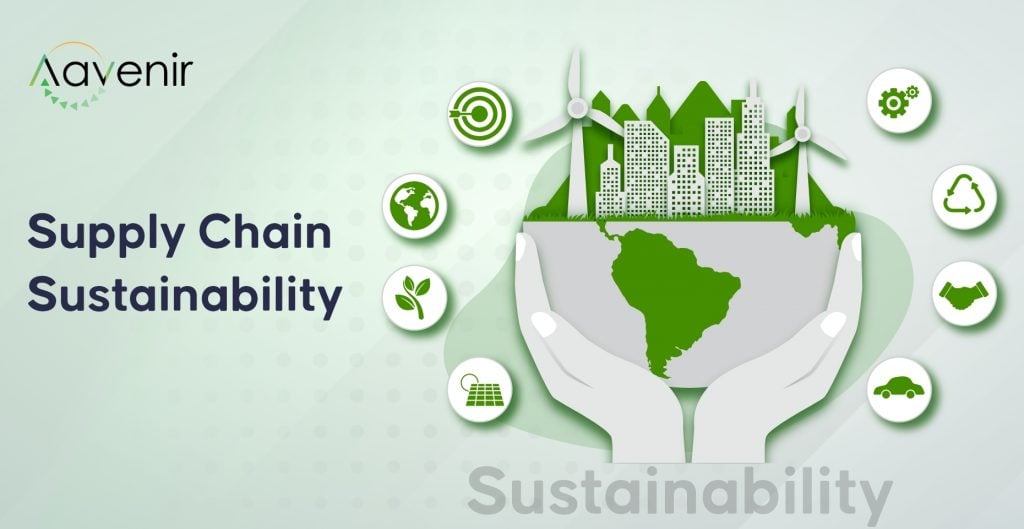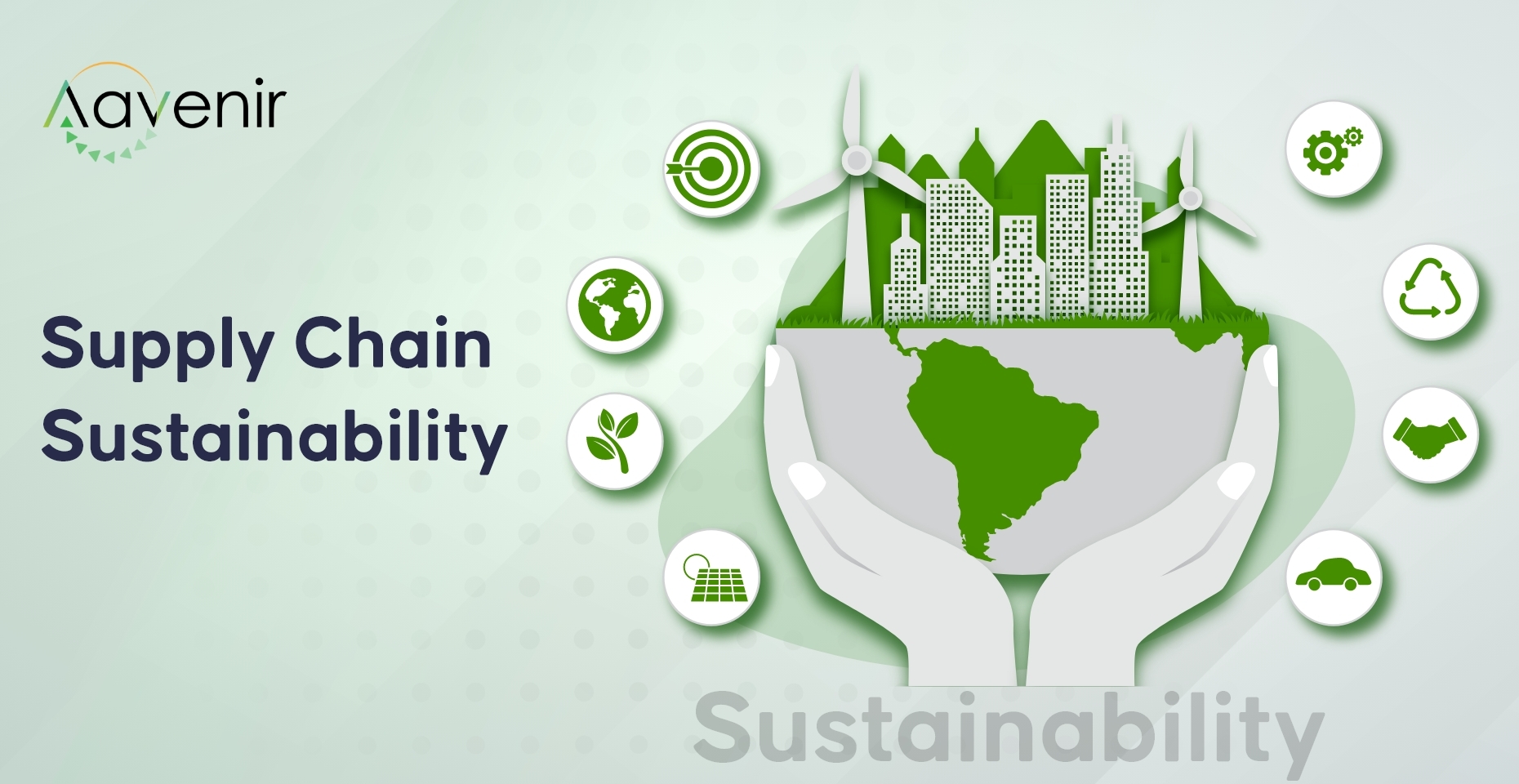What is Supply Chain Sustainability?- Definition
Supply-chain sustainability is a business issue affecting an organization’s supply chain or logistics network in terms of environmental, risk, and waste costs. There is a growing need for integrating environmentally sound choices into supply-chain management. Sustainability in the supply chain is increasingly seen among high-level executives as essential to deliver profitability and has replaced monetary cost, value, and speed as the dominant topic of discussion among purchasing and supply professionals. A sustainable supply chain seizes value creation opportunities and offers significant competitive advantages for early adopters and process innovators.

The impact of a company’s supply chain on human rights, fair labor standards, environmental advancement, and anti-corruption legislation is known as supply-chain sustainability. It is becoming increasingly essential to Incorporate sustainable options into supply-chain management. As a result, companies’ approaches to business are changing due to a growing concern for sustainability. Traditional considerations such as quality, efficiency, and cost constantly contend for attention with problems such as working conditions and environmental impact, whether motivated by their consumers, corporate ideals, or business opportunity. In addition, a sustainable supply chain seizes value chain possibilities and provides early adopters and process innovators with considerable competitive advantages.
The goal of sustainability initiatives is to reduce the environmental damage caused by elements such as energy use, water consumption, and waste creation while also benefiting the people and communities in and around their activities. These considerations are in addition to standard earnings and profit concerns in the business supply chain.
How to Build a Sustainable Supply Chain?
Companies all across the world are taking initiatives to reduce carbon emissions waste and improve working conditions. For example, they monitor multifaceted programs such as prioritizing renewable energy, recycling products and materials, and encouraging greater social responsibility among suppliers by tracking sustainability metrics in supply chain management (SCM) systems. According to Scientific American, Subaru’s Indiana car-making plant—the United States’ first zero-waste factory—is a convincing example of a sustainable supply chain.
Furthermore, businesses can utilize intelligence and pre-defined rules to guarantee that things are not transported unnecessarily—for example, ensuring that products are shipped from the closest distribution center rather than one on the opposite side of the country.
Challenges of Sustainable Supply Chain
According to research, the supply chain accounts for a majority of a company’s environmental impact. Supply chains, by definition, require energy-intensive manufacturing and transportation as items are manufactured and transported throughout the world. As a result, firms can typically have the most impact by altering their supply chain rather than other company functions.
The intricacy of multiple supplier relationships and border crossings further complicates supply chain sustainability. This complication can make it difficult to see critical operational considerations such as labor conditions at a supplier’s plant thousands of kilometers distant.
Essential Steps for Sustainable Supply Chain
Procurement: Most businesses begin their sustainability initiatives by focusing on energy and water procurement and acquiring sustainable materials for use in their goods.
Operations: Look for operational procedures or steps in the supply chain that might be more efficient and use fewer resources.
Retirement: Design products for creative reuse and recycling to avoid unnecessary trash and obsolete items.
Data and communication: Evaluate the efficacy of the first three initiatives and reinforce any relevant activities by communicating them to consumers, supply chain partners, and other stakeholders.


